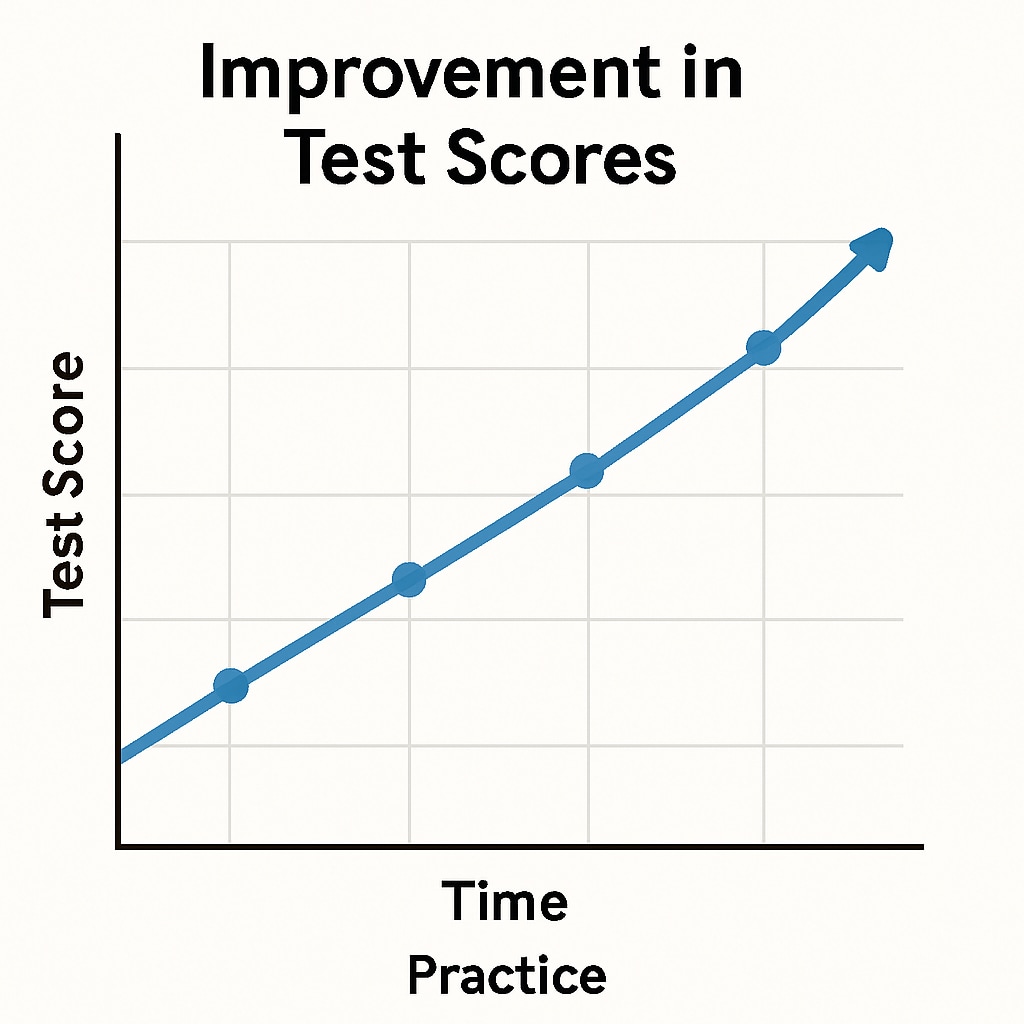During campus recruitment season, mathematical aptitude tests have emerged as a critical tool for evaluating candidates’ problem-solving abilities and logical reasoning. These tests play a significant role in helping organizations identify top talent who can thrive in dynamic and analytical work environments. Preparing effectively for these evaluations can be the difference between landing your dream job and missing out. This article dives deep into the importance of these tests, provides structured preparation strategies, and highlights top resources for graduates aiming to stand out in the competitive hiring process.

Why Mathematical Aptitude Tests Matter in Campus Recruitment
Mathematical aptitude tests evaluate candidates on a variety of skills, including numerical reasoning, data interpretation, and quantitative problem-solving. These assessments are designed not just to test your knowledge of mathematics but to gauge your ability to think logically under pressure. In industries such as finance, technology, and consulting, employers place a high value on these skills. Therefore, excelling in these tests can significantly boost your chances of securing a position in competitive fields.
For instance, quantitative aptitude, a common component of these tests, focuses on areas like percentages, ratios, algebra, and probability. Being proficient in these topics demonstrates your readiness to tackle real-world challenges in the workplace. According to Britannica, critical thinking is essential for navigating complex scenarios — a skill often assessed in mathematical aptitude tests.
Effective Strategies to Excel in These Assessments
Preparing for mathematical aptitude tests requires a combination of discipline, strategy, and access to quality resources. Below are some proven strategies to enhance your performance:
- Understand the Test Format: Familiarize yourself with the types of questions typically asked, such as multiple-choice problems, data interpretation tasks, and logical puzzles.
- Practice Regularly: Consistent practice is key. Websites offering free mock tests and practice papers can be invaluable for honing your skills.
- Brush Up on Basics: Review fundamental concepts in mathematics, including percentages, fractions, ratios, and probability.
- Time Management: Practice solving questions within a time limit to simulate actual test conditions.
- Utilize Online Resources: Platforms like Khan Academy, Coursera, and others offer excellent courses tailored to improving quantitative aptitude.
Moreover, tracking your progress and identifying weak areas can ensure a more targeted approach to your preparation. Tools like mobile apps designed for mathematical training are increasingly popular among candidates.

Top Resources for Preparing Mathematical Aptitude Tests
Access to high-quality resources can make a significant difference in your test preparation. Here are some recommended tools and platforms:
- Books: Titles such as “Quantitative Aptitude for Competitive Examinations” by R.S. Aggarwal provide comprehensive coverage of test-related topics.
- Websites: Platforms like Khan Academy and Coursera offer free and paid courses in quantitative skills.
- Mobile Apps: Apps like “Math Tricks” and “Brilliant” are excellent for on-the-go learning and practice.
- Mock Tests: Websites specializing in exam preparation, such as Testbook and PrepInsta, provide free and premium practice tests.
These resources cater to different learning styles, ensuring that every candidate can find tools suited to their needs. Whether you prefer self-paced study or structured courses, the options are endless.
Final Thoughts: Stand Out with Strategic Preparation
In conclusion, mathematical aptitude tests are a cornerstone of campus recruitment. By understanding their importance, adopting effective strategies, and utilizing the right resources, you can significantly enhance your chances of success. Remember, consistent practice and time management are your best allies in mastering these tests. So, start early, stay focused, and aim to impress potential employers with your analytical skills.
With the right preparation, you can turn these tests from a daunting challenge into an opportunity to showcase your potential. Good luck!


